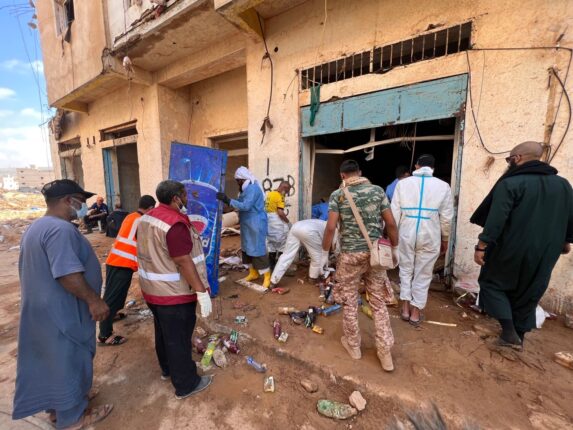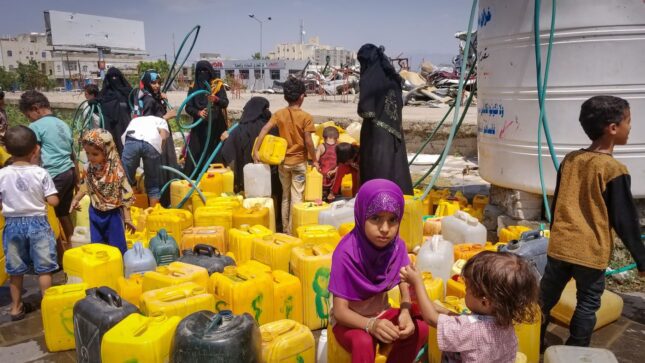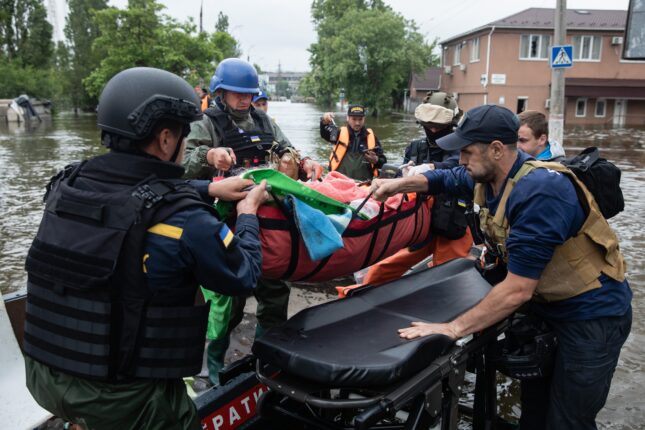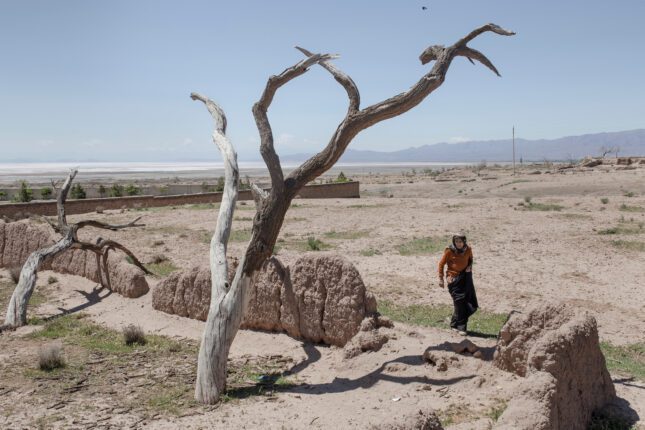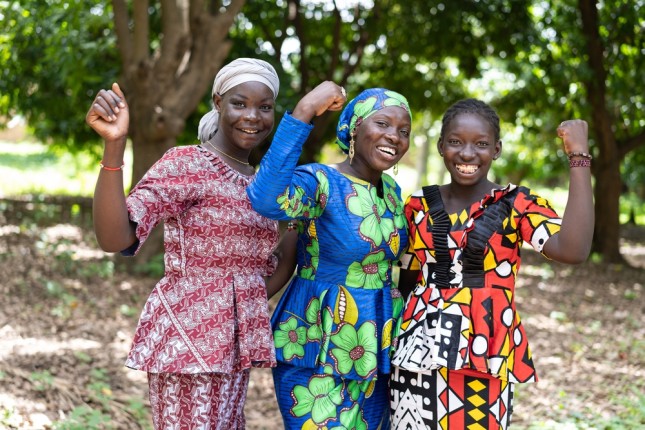-
Afro-Descendant Women and Girls Deserve Culturally Relevant Healthcare and Better Data
›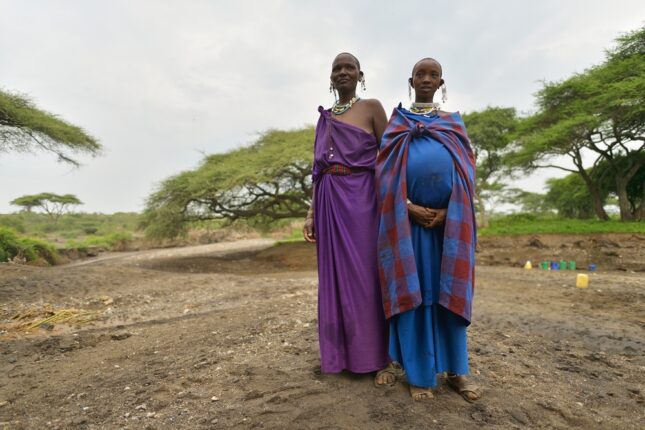
A recent study from the United Nations Population Fund (UNFPA) and its partners found that women and girls of African descent living in the Americas are up to three times more likely to die from preventable maternal death causes. So it is no surprise that UNFPA’s Executive Director of Programs, Diene Keita, is calling attention to this challenge.
-
Water Weaponization in Libya: A Conversation with Erika Weinthal
›
Libya provides a case study for the long-term impacts of water weaponization. After the 2011 overthrow of Libyan leader Muammar al-Gaddafi, the country faced civil conflict related to his succession, including two bloody civil wars in 2011, and then from 2014 to 2020, until a ceasefire took effect in 2020. During this period of long-term instability and isolation, Libya’s water infrastructure deteriorated. Combined with the country’s limited water resources, increased demand, and poor management, water insecurity soared.
-
Water Weaponization in Yemen: A Conversation with Niku Jafarnia
›
Yemen’s civil war, which began in 2014, has resulted in one of the world’s worst humanitarian crises. The United Nations estimates that 60% of the 377,000 deaths between 2015 and 2022 were attributed to food insecurity and limited access to health services, and two-thirds of the population (21.6 million people) are in desperate need of humanitarian aid. Though a nominal ceasefire has held since 2022, tensions persist, and civilians continue to face the brunt of the conflict.
-
The Global Challenge of Water’s Weaponization in War: Lessons from Yemen, Ukraine, and Libya
›
The world’s water is in trouble. Freshwater pollution, coupled with climate change, population growth, and increasing demand, threatens water quality and availability. Over the last 40 years, global water usage has increased every year by around 1% to support agriculture, industrial growth, and growing populations. The strain is clear already, as 26% of the world’s population lacks access to safe drinking water, and a whopping 46% lack access to basic sanitation.
-
Water, Corruption, and Security in Iran
›
This past summer was the hottest on record, bringing devastating impacts to many global communities. Iran was one of many nations that faced both debilitating heat and the subsequent water stress.
While Iran’s problems received significant media attention this year, water scarcity in the country is not a new problem. For decades, corruption and poor planning have plagued Iranian water policy, with impacts falling upon its increasingly disadvantaged provinces and, ultimately, on its ethnic minorities. Poor water policy also has contributed to an increasing number of cross-border disputes.
-
Ecological Threat Report 2023: Same Hotspots, More Risk
›
Future projections of social disturbance due to climate change and ecological pressures provide little optimism for peace in conflict-affected areas over the coming decades. Yet, can we identify current hotspots and future areas of conflict risk? The fourth Ecological Threat Report (ETR), produced by the Institute for Economics & Peace, attempts to do so by taking on the monumental task of evaluating the relationship between ecological threats and peace.
The new report documents a world of growing ecological threats and declining social resilience in the states and territories most vulnerable to a changing climate. And by assessing ecological threats, societal resilience, and levels of peacefulness at the state, territorial, subnational, and city levels, the report also finds a strong correlation between ecological threats and levels of peacefulness.
-
Youth Led Social Accountability – Case Studies and Challenges
›
Young people should be able to hold public officials and service providers accountable for meeting their needs and rights. And this principle—known as youth social accountability—can also have a ripple effect on the health and wellbeing of young people themselves by enhancing the quality of health services and fostering more positive interactions with adolescents within health systems.
-
The State of Play for Critical Mineral Policies: A Berlin Climate Security Conference Roundtable
›
The global transition to low-carbon energy is spurring new momentum to produce and secure the mineral inputs necessary for renewable technologies. Yet meeting demand may prove difficult. From electric cars to wind turbines, essential renewable energy technologies often require more minerals than fossil fuel-powered infrastructure. The International Energy Agency (IEA) projects that efforts to meet the goals of the Paris Agreement could lead to a fourfold increase in mineral demand by 2040.
Showing posts from category On the Beat.


